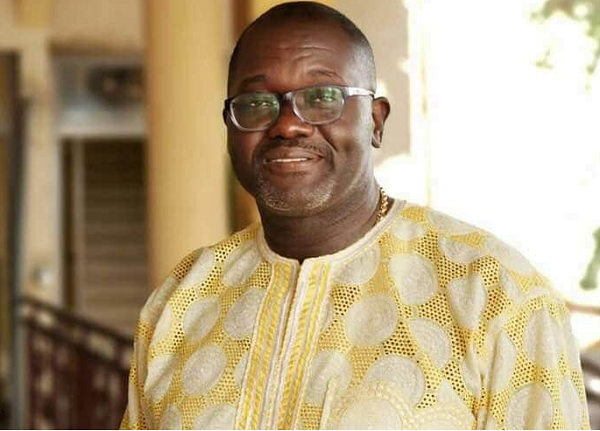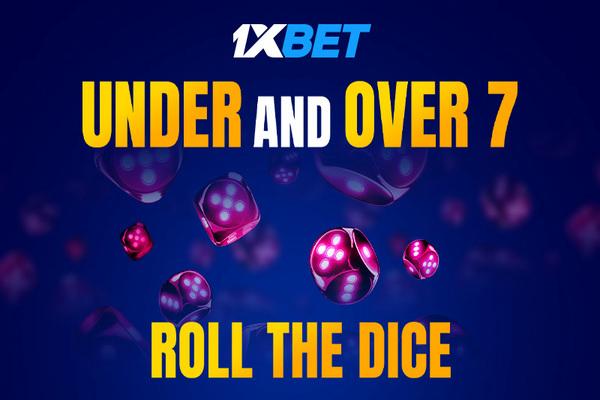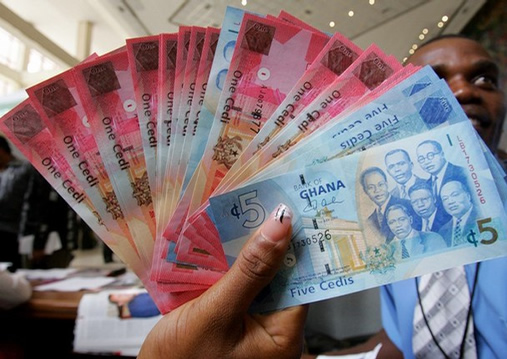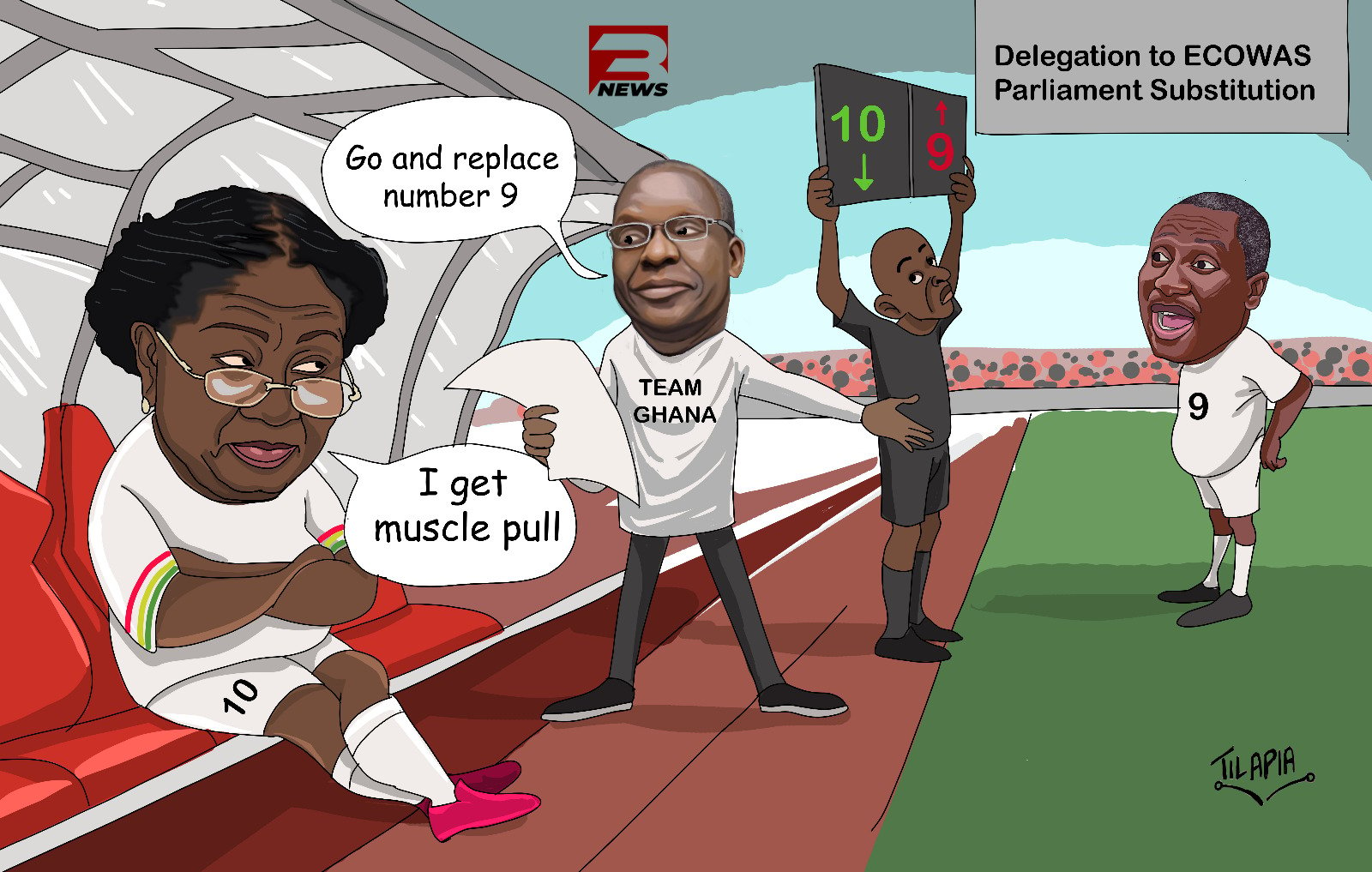
"For bitcoin to gain global acceptance and be used as a competitor money to dollar, euro and pound, it must be accepted everywhere, it must be very stable and credible" Former of Head Global Markets, Stanbic Bank Ghana, Inusah Musah has said.
Inusah Musah made this disclosure at the second edition of Myndshop, a proprietary event of the Bank dedicated to idea sharing on topical issues among like-minded individuals. The subject of cryptocurrencies has piqued the interest of humanity since the introduction of the Bitcoin brand in 2009. Indeed, while interest persists, there has been some sort of unease about the legitimacy and security of cryptocurrencies across the world. The apprehensions are largely hinged on the lack of recognition of cryptocurrencies by Central Banks and Reserve Systems and the absence of a legal and regulatory mechanism governing their supply as in the case of traditional currencies. The question that remains is 'do cryptocurrencies qualify as a medium of exchange'?
The key functions of any medium of exchange are that it should have store of value, be a unit of account, and be a standard of differed payment. Furthermore, before anything can be called money, it has to be portable and durable, divisible, uniform, limited supply, acceptable and has to be convertible. When cryptocurrencies are subjected to these standards, would they pass the test? The store of value of any currency is a function of how reliable the currency is. People will hold on to the Pound Sterling, Euro or the US dollar because they know that when you hold on to those currencies, you do not stand to lose a lot. Although there might be periodic losses, the store of value can generally be maintained.
Another key attribute of money is that it has to be portable and durable. The currency has to be easy to carry around. If the money is electronic, it becomes even easier to move about with it. The divisibility of money means it is possible to break the money down into various units. The acceptability of money determines how comfortable people are in trading in that currency. If you have a large chunk of the market ready to transact business in it, then automatically it becomes a tradable currency.
Mr. Musah further indicated that "Beyond all these characteristics and functions, currencies have to be regulated by credible central policy in managing the money supply. It is not something central banks will just produce and litter the system with".
However, today's world is a place of disruption, a place where innovation and acceptable no longer conform to the norm. Technology is leading the charge against normalcy and everything seems possible and probable. The issue of what is and could be remains heavily challenged in these times. The sudden rise of digital currencies in the form of mobile money and electronic payment options have given credence to thoughts of numerous possibilities in the digital currency space.
It is noteworthy that despite the emergence of digital currencies in today's world, these innovations have succumbed to regulatory authorities and central banks.
Now we are at the threshold of an even more disruptive technology - the blockchain, manifesting itself by way of cryptocurrencies in various forms with the most popular being bitcoin. Bitcoin, despite being in operation for almost a decade, remains shrouded in mystery for the large part, its operation, mining and payment option sounds superficial to the lay man. Subjecting the bitcoin to the common and known attributes of money or what is accepted as legal tender, sees bitcoin failing at many of the identified touch points.
The fact remains, today, for bitcoin to gain global acceptance, and be used as a competitor money to Dollar, Euro and Pound, it must pass these critical tests. If it must be accepted everywhere, it must be very stable and reliable. It is for posterity to tell if cryptocurrencies or bitcoin would lead to the speculated massive disruption of both digital and traditional payment space. For individuals taking part in the mining of cryptocurrencies, you will have to take your calculated risk and decide whether it is a business one would like to engage in. The Standbic Bank Myndshop is an initiative by Stanbic Bank to share profitable ideas with like minded stakeholders monthly at an identified location.
Read Full Story














Facebook
Twitter
Pinterest
Instagram
Google+
YouTube
LinkedIn
RSS